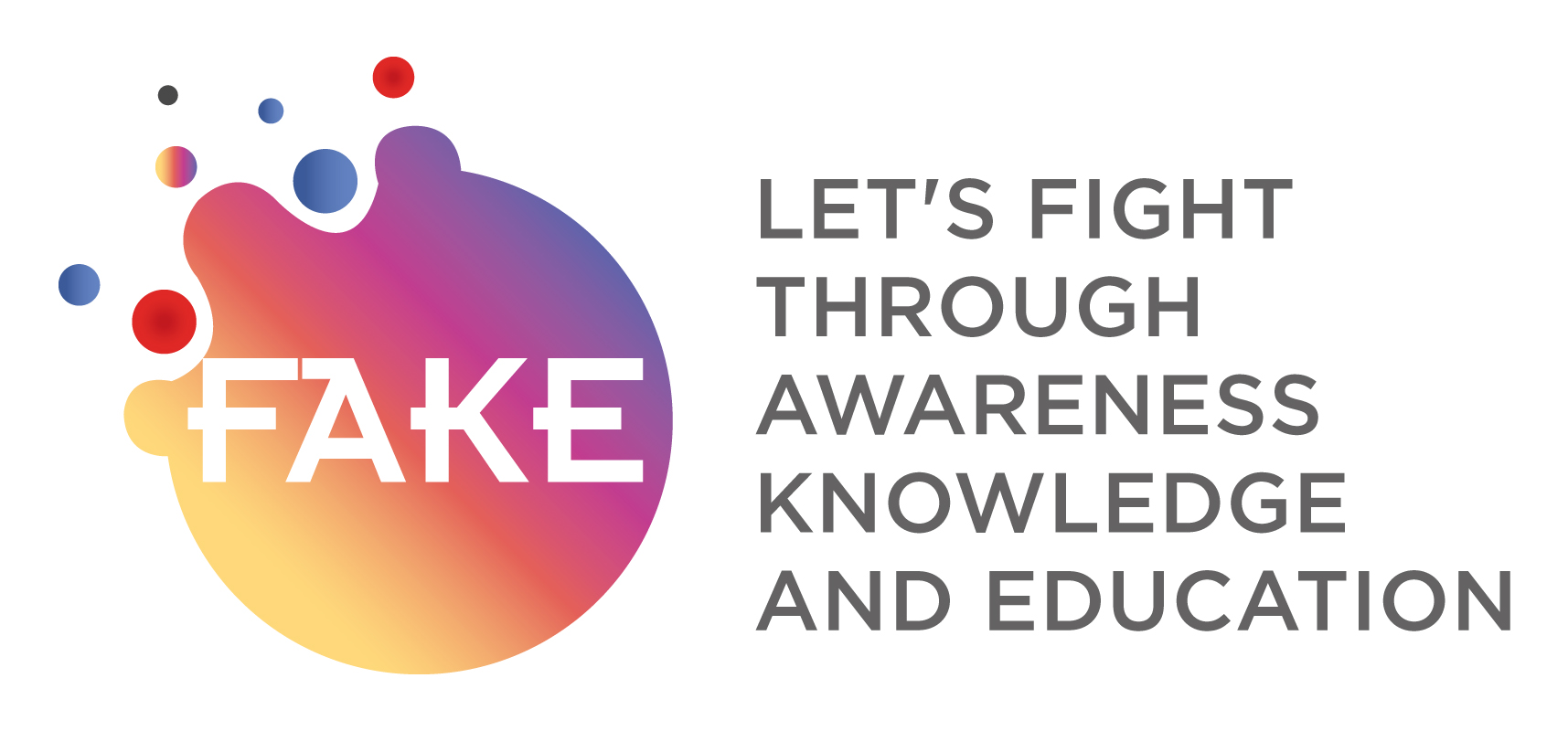Project Description
EP-DeM Labs will engage and enable disadvantaged youth (16-24) in transition moments to express their voices, co-develop and co-delivery projects and measures aimed at improving their education level and employability.
The laboratories of dialogue and co-design will have the groundbreaking role of permanent generators of knowledge and incubators of innovation in education, training and employment systems.
Four metropolitan cities are involved, across Europe, into this experimentation: Bologna, Cagliari, Dublin and London.
The project plans a four-steps process:
1. Research, to build the knowledge and establishes common criteria to successfully implement the EP-DeM Labs in Dublin, London, Cagliari and Bologna;
2. The Labs, which are the hearth of our project. The Labs Facilitators in Bologna, Cagliari, Dublin and London, together with partner organisations, activate the process through:
- (3) Youth EP-DeM Labs involving youngsters (16-24), including those who experienced difficulties in accessing education, training or employment measures measure (equity in access), those who dropped out (equity in retain) and those who failed in meeting an educational objective (equity in delivery).
- (3) Institutional EP-DeM Labs, involving Regional/National Decision makers, training and employment providers, relevant stakeholders, discussing successes, bottlenecks and challenges of their cooperation and policy implementation of measures
- (2) Mixed Labs, where youngsters and institutions will come together and openly discuss, negotiate and advocate the each other’s point of view, vision, and proposals to improve the design process and the quality of transition measures
3. European Labs and Conferences. Representatives of all City Labs – including youngsters, of course – come together in Dublin, in June 2017, to discuss, advocate and find common answers to the questions and challenges concerning equity in transition measures. In November 2017, they are again all together for the European Youth Conference and the Final Conference, in Rome. Here, they find a synthesis of the most important topics to recommend and work towards to improve equity and participation in transition measures across Europe.
4. Scaling up. The project puts effort in scaling all the knowledge and results gathered during the project. If the results are meaningful, it is important to start thinking, from now, how to make them durable and how to use them further.
WEB:






